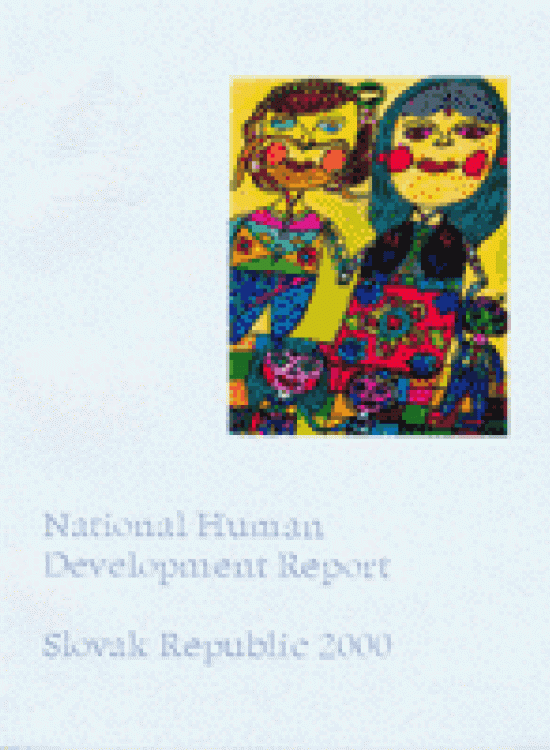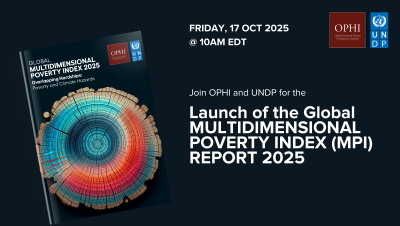Poverty, Social Exclusion and Marginalization

Download Report by Language
Document
slovakrepublic2000en.pdf
(1.24 MB)
Citation
Roman Dzambazovic (Comenius University), Jarmila Filadelfiová (Bratislava International Centre for Family Studies), Lucia Haulíková (Comenius University), Eugen Jurzyca (Institute for Economic and Social Reforms), Silvia Miháliková (Comenius University), Eugen Placintar (Statistical Office), Vladislav Rosa (State School Inspection), Sona Szomolányi (Comenius Unviversity), Katarína Simúnková (Comenius University), Lubos Vagac (Center for Economic Development), Michal Vasecka (Institute for Public Affairs). 2000. Poverty, Social Exclusion and Marginalization. New York.
Poverty, Social Exclusion and Marginalization
Posted on: January 01, 2000
The two main themes of this report are poverty and gender equality. The findings concerning poverty point to many disturbing trends: almost 11 percent of the population lives below the minimum subsistence level and the unemployment rate continues to increase, reaching 20 percent in 1999. This is increasing poverty, social exclusion and marginalization of many social groups in Slovakia, especially the Roma population. The report discusses measures for both combating the causes of poverty and alleviating the situation of the poor. Concerning gender inequality, the report finds that women continue to be under-represented in decision-making positions and mainly work in low-paid positions. The report concludes that if these human development issues are not addressed Slovakia's competitiveness and development will be retarded. It has become clear that the transformation of the country is not simply a process of privatization and market liberalization, but the social sustainability of the transformation should be at the center of policy attention.
